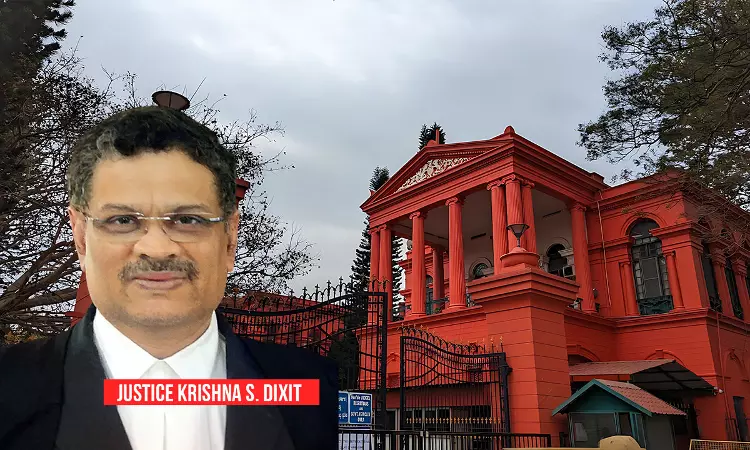If An Able Bodied Person Is Bound To Maintain His Wife, Why Not Dependent Mother? Karnataka High Court
Mustafa Plumber
14 July 2023 12:08 PM IST

Next Story
14 July 2023 12:08 PM IST
The Karnataka High Court has dismissed a petition filed by the sons of an aged woman against an order of the Deputy Commissioner that directed them to pay her maintenance amount of Rs 10,000, under the Maintenance and Welfare of Parents and Senior Citizens Act.A Single judge bench of Justice Krishan S Dixit dismissed the petition filed by Gopal and others who questioned the order directing...
